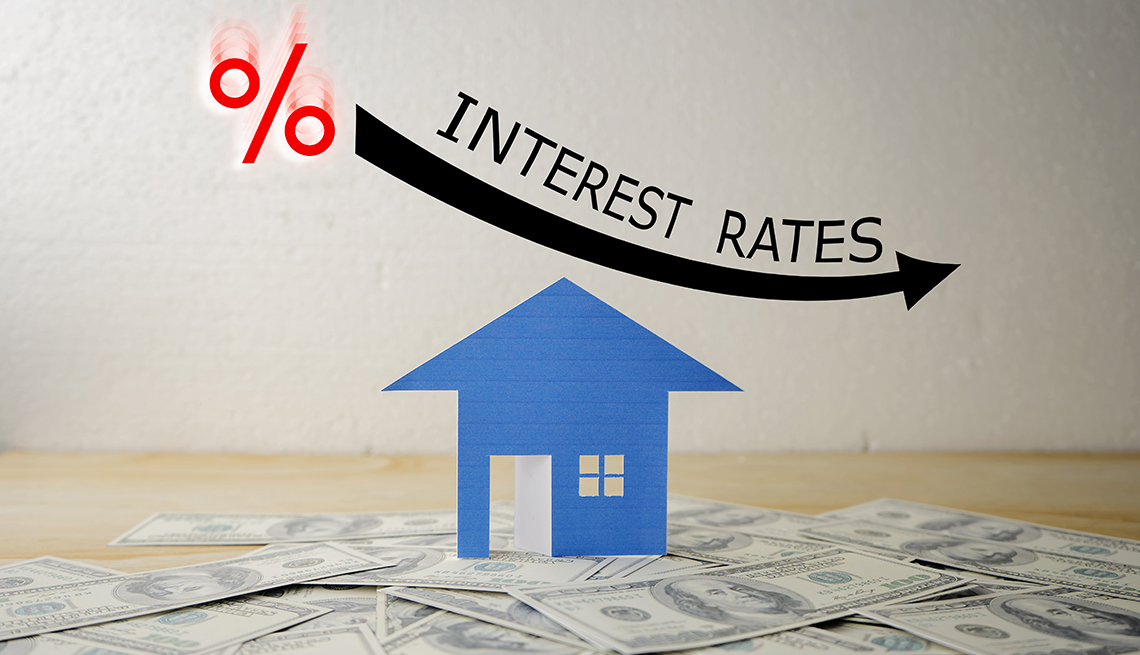
Low interest rate do’s and don’ts to boost your finances
- Select a language for the TTS:
- UK English Female
- UK English Male
- US English Female
- US English Male
- Australian Female
- Australian Male
- Language selected: (auto detect) - EN
Play all audios:

Interest rates are at rock-bottom levels — good news if you want to refinance your mortgage, but bad news if you’ve been hoping for high yields from your savings. Here’s advice about what
opportunities to take — and what hazards to avoid — for both borrowers and savers. DO CONSIDER REFINANCING The average rate for a 30-year fixed mortgage was at an ultra-low 3.56 percent as
of May 20. If you’re paying at least 0.5 percent more on your home loan, you might trim your monthly payments by refinancing. Alternatively, you could switch to a 15-year mortgage, costing
you far less in interest over time. The rush to refi at these rates has created a bottleneck, so you’ll have to wait patiently for your turn. DON'T CHASE HIGH YIELDS Buying long-term
and “junk” bond funds to boost your yields exposes you to sharp price drops. So think short-term. Denver financial planner Maggie Kirchhoff suggests certificates of deposit with different
maturities, all two years or less: “If rates rise, you don't want to be stuck with a five-year CD." DO MOVE QUICKLY TO LOWER YOUR CREDIT CARD RATE If you're carrying a credit
card balance, don't dally. Yes, interest rates are down — the average recently dipped below 17 percent for the first time in nearly two years — but they're still painfully high.
Zero- and low-rate balance-transfer offers are available but may disappear as lenders pull back in this economy. So, switch cards now. “Act fast,” notes Greg McBride, chief financial analyst
at Bankrate.com. “In this environment, credit card issuers are the first to tighten the purse strings.” DON'T RESTART AT SQUARE ONE If you've paid off much of your mortgage,
refinancing into a 30-year loan could saddle you with payments deep into retirement. Instead, direct free cash toward extra principal payments, advises Marguerita Cheng, head of Blue Ocean
Global Wealth in Gaithersburg, Maryland. DO HAVE A BORROWING BACKUP As a backup to an emergency fund, a home equity line of credit (HELOC) is less expensive than your standard credit card.
The interest rates on HELOCs, which are typically variable, currently average less than 5 percent. “It’s a nice insurance policy,” Kirchhoff says. If you seek a large up-front sum, a
cash-out refinancing is even cheaper (around 3 percent for a 15-year fixed mortgage), McBride adds. Either way, you’ll need a steady income to qualify, not simply enough equity in your home
to borrow against. _Ellen Stark, a former deputy editor of _Money_, has covered personal finance for more than 20 years._
